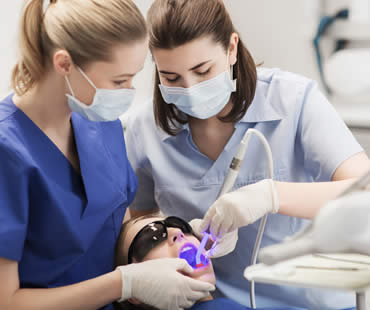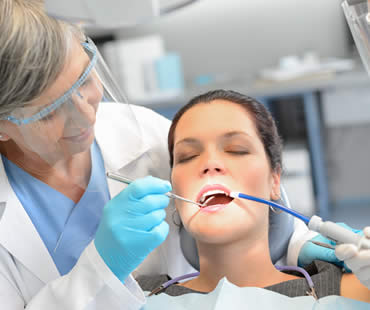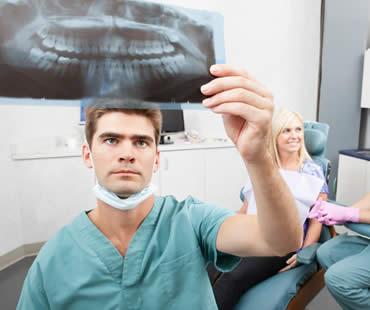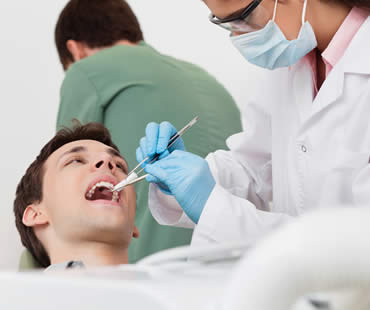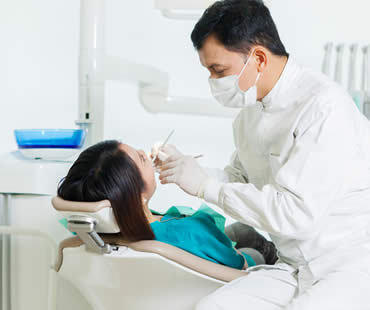Severe dental phobia can cause people to completely avoid dental examinations and treatments. Anxiety about dental treatment can develop for many reasons, including fear of pain, the feeling of not having control, fear of needles, a strong gag reflex, or a history of bad dental experiences. If you suffer from extreme dental fears causing you to neglect necessary oral care, sedation dentistry may be the answer to your problem.
A trained sedation dentist can offer a variety of options to address your situation:
- Minimal sedation in the form of nitrous oxide allows you to be awake but relaxed during dental treatment and may be a good option for cleanings, routine examinations, or minor procedures. Your dentist is able to control the amount of sedation you receive.
- Oral conscious sedation also allows you to remain awake during procedures, but may cause you to feel drowsy and will keep you from having much memory of the treatment. A stronger dose can be given to produce more moderate sedation, in which case you may fall asleep but can easily be awakened.
- IV sedation is when a sedative drug is administered through a vein. This type of sedation works rapidly and also allows your dental professional to adjust the level of sedation during treatment.
- General anesthesia provides deep sedation through medications administered that cause nearly complete or total unconsciousness. With general anesthesia you cannot be awakened until the effects of the drugs have dissipated.
Sedation dentistry can be used for any type of dental procedure, from routine cleanings to more complicated, invasive procedures. Thanks to advances in sedation dentistry, you no longer have to fear the dentist and avoid necessary oral health care.
We treat patients from Weymouth and the surrounding area







